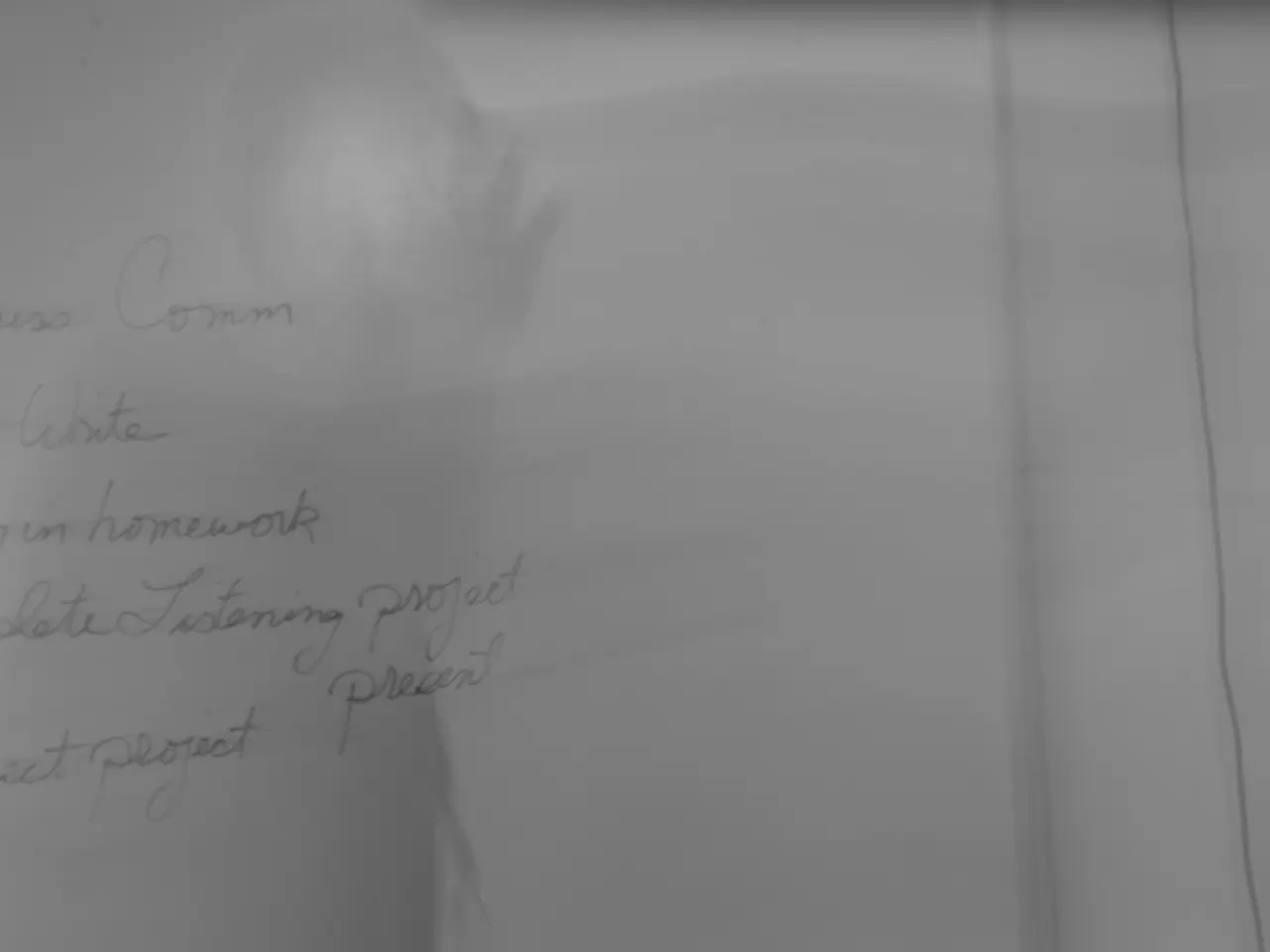Criticizing the method of steelmanning arguments
In a recent turn of events, an editor at The Washington Post proposed a series of articles where the author would present the strongest case for Donald Trump's economic policy proposals. However, the author declined the offer, stating they would use the series as an opportunity to write about why they think steelmanning, a practice often employed to strengthen an opponent's argument, is generally a bad idea.
Steelmanning, as defined by Wikipedia, is the practice of addressing the strongest form of an opponent's argument, even if it is not the one they explicitly presented. While Daniel Dennett recommends a similar approach in his list of rules for composing a successful critical commentary, the author argues that steelmanning can be problematic when the audience for an argument is diverse, as is often the case in public discussions.
The author believes that steelmanning may lead to the appearance of "sanewashing", where one makes an intellectually dishonest case in favor of an argument they do not agree with. Furthermore, the author argues that steelmanning is unlikely to generate good will and honest dialogue, especially when the audience includes the voting public, intellectuals, politicians, policymakers, propagandists, and more.
The author's argument against steelmanning might be perceived as mocking by the proponents of the argued policy. However, the author suggests that an opponent of an idea might not be the best guide to present the strongest version of that idea. The author believes that an ideologically neutral editor might not want their website to present an argument in favor of mass deportation, a policy the author does not find as a good policy, despite its popularity.
The author's stance on mass deportation might be weaker than the proponents' preferred argument. If the author were to argue in favor of mass deportation, their argument might not accurately represent the views of those who actually support it. The author suggests that steelmanning may be effective in certain situations, such as a group of people arguing in good faith or in private conversations aimed at persuading someone.
The pseudonymous blogger Ozymandias made a point against steelmanning in 2016 in a post titled "Against Steelmanning". The author's argument aligns with Ozymandias' view that steelmanning can be misleading and potentially harmful in public discourse. The editor's rationale for the proposed series was to present the strongest version of Trump's ideas to show that critics are arguing in good faith, making criticisms more persuasive. However, the author argues that a more effective approach to intellectual charity is needed when addressing diverse audiences.
The author plans to describe a more effective approach to intellectual charity in their upcoming series, providing a fresh perspective on the debate surrounding steelmanning and its role in public discourse.
Read also:
- Peptide YY (PYY): Exploring its Role in Appetite Suppression, Intestinal Health, and Cognitive Links
- Toddler Health: Rotavirus Signs, Origins, and Potential Complications
- Digestive issues and heart discomfort: Root causes and associated health conditions
- House Infernos: Deadly Hazards Surpassing the Flames








